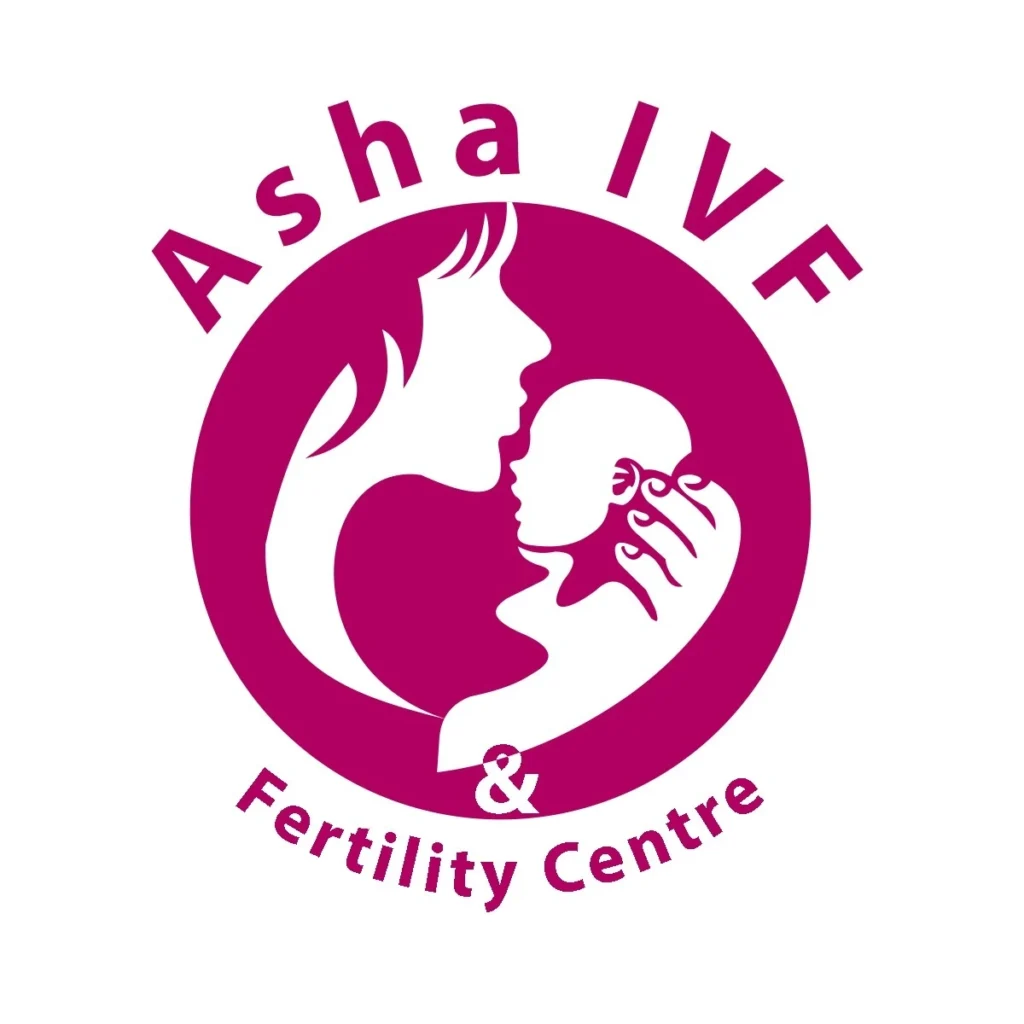IVF (In Vitro Fertilization) offers hope to many couples struggling with infertility. However, it can be a challenging journey, and the path to parenthood is not always straightforward. Failed IVF cycles can be disheartening and emotionally taxing, but understanding why they happen is crucial for moving forward. This comprehensive guide will explore the common causes of failed IVF attempts, including medical, lifestyle, and procedural factors, and offer advice on what to do next.
Understanding the IVF Process
Before diving into the reasons behind IVF failures, it’s essential to understand how the process works. IVF involves stimulating a woman’s ovaries to produce multiple eggs, retrieving these eggs, fertilizing them with sperm in a laboratory, and then transferring the resulting embryos back into the uterus. Success is not guaranteed, and many factors can influence the outcome at each stage.
Common Causes of Failed IVF Cycles
1. Poor Egg Quality
- Age Factor: As women age, especially after 35, the quality and quantity of their eggs decline. Poor egg quality can lead to embryos that do not develop properly or fail to implant.
- Genetic Abnormalities: Eggs with chromosomal abnormalities are more likely to result in failed IVF cycles. Genetic testing can help identify viable embryos.
2. Sperm Quality Issues
- Low Sperm Count or Motility: Poor sperm quality can affect fertilization and embryo development. Even with IVF, sperm quality plays a crucial role in the success of the treatment.
- DNA Fragmentation: High levels of DNA fragmentation in sperm can lead to poor embryo quality and implantation failure.
3. Uterine Factors
- Endometrial Receptivity: The lining of the uterus, called the endometrium, must be at the right thickness and condition for the embryo to implant. Issues like a thin endometrium or endometrial polyps can hinder implantation.
- Uterine Anomalies: Structural abnormalities such as fibroids, adhesions, or a septate uterus can negatively impact the success of an IVF cycle.
4. Embryo Quality
- Developmental Issues: Not all embryos develop properly in the lab. Factors such as genetic abnormalities or poor culture conditions can result in embryos that are not viable for transfer.
- Chromosomal Abnormalities: Even if embryos look healthy under a microscope, they may have genetic issues that prevent successful implantation.
5. Hormonal Imbalances
- Progesterone Levels: Adequate progesterone is necessary for preparing the uterus for embryo implantation. Imbalances can disrupt this process.
- Thyroid Function: Both hypothyroidism and hyperthyroidism can interfere with reproductive health and IVF outcomes.
6. Lifestyle Factors
- Smoking and Alcohol Consumption: Both habits can adversely affect fertility in both men and women, leading to poor IVF outcomes.
- Body Weight: Being overweight or underweight can disrupt hormone levels and affect egg quality, implantation, and overall reproductive health.
7. Procedural Factors
- Laboratory Conditions: The success of IVF heavily depends on the lab environment, including the quality of culture media and the expertise of the embryologist.
- Timing of Transfer: The timing of embryo transfer is critical. Transferring embryos too early or too late can reduce the chances of implantation.
What You Can Do Next
Understanding the cause of failed IVF attempts is the first step toward addressing them. Here are some steps you can take to improve your chances in future cycles:
1. Comprehensive Testing
- Consider undergoing additional testing, such as genetic screening of embryos, sperm DNA fragmentation analysis, or an endometrial receptivity assay, to identify specific issues.
2. Lifestyle Modifications
- Diet and Exercise: Maintain a balanced diet and regular exercise routine to achieve a healthy weight.
- Avoid Smoking and Alcohol: Eliminating these from your lifestyle can significantly improve fertility and overall health.
3. Seek a Specialist
- Consult with a fertility specialist who has experience dealing with repeated IVF failures. A skilled specialist can tailor a treatment plan based on your unique circumstances.
4. Consider Advanced Treatments
- Options such as ICSI (Intracytoplasmic Sperm Injection), assisted hatching, or donor eggs and sperm can be considered based on the specific cause of previous failures.
5. Optimize Uterine Environment
- Treatments to improve endometrial receptivity, such as hormonal therapy or hysteroscopic surgery to remove polyps or fibroids, can increase the chances of successful implantation.
6. Evaluate the IVF Lab
- Ensure that the IVF clinic you choose has state-of-the-art facilities and a skilled embryology team. The quality of the laboratory can significantly impact the success of the procedure.
Asha IVF & Fertility Centre: Your Partner in the IVF Journey
For couples facing multiple IVF failures, choosing the right fertility center is crucial. Asha IVF & Fertility Centre in Faridabad is renowned for its advanced treatment options and high success rates. Under the expert guidance of Dr. Astha Chakravarty, one of the best IVF specialists in India, the center offers personalized treatment plans and cutting-edge technology to help couples achieve their dream of parenthood.
Why Choose Asha IVF & Fertility Centre?
- Comprehensive Diagnostic Approach: Asha IVF takes a detailed approach to diagnosing the underlying causes of infertility, ensuring that every patient receives a customized treatment plan.
- Advanced IVF Techniques: The center utilizes the latest advancements in fertility treatments, including pre-implantation genetic testing and laser-assisted hatching.
- Experienced Team: Dr. Astha Chakravarty and her team bring years of experience and a compassionate approach to every case, providing emotional support and expert care throughout the IVF journey.
Conclusion
A failed IVF cycle does not mean the end of your fertility journey. By understanding the potential causes and seeking the right support, you can improve your chances of success in future attempts. Remember, each cycle is a step closer to your goal. With the right approach and a supportive team like Asha IVF & Fertility Centre, you can navigate this challenging path with hope and confidence.






